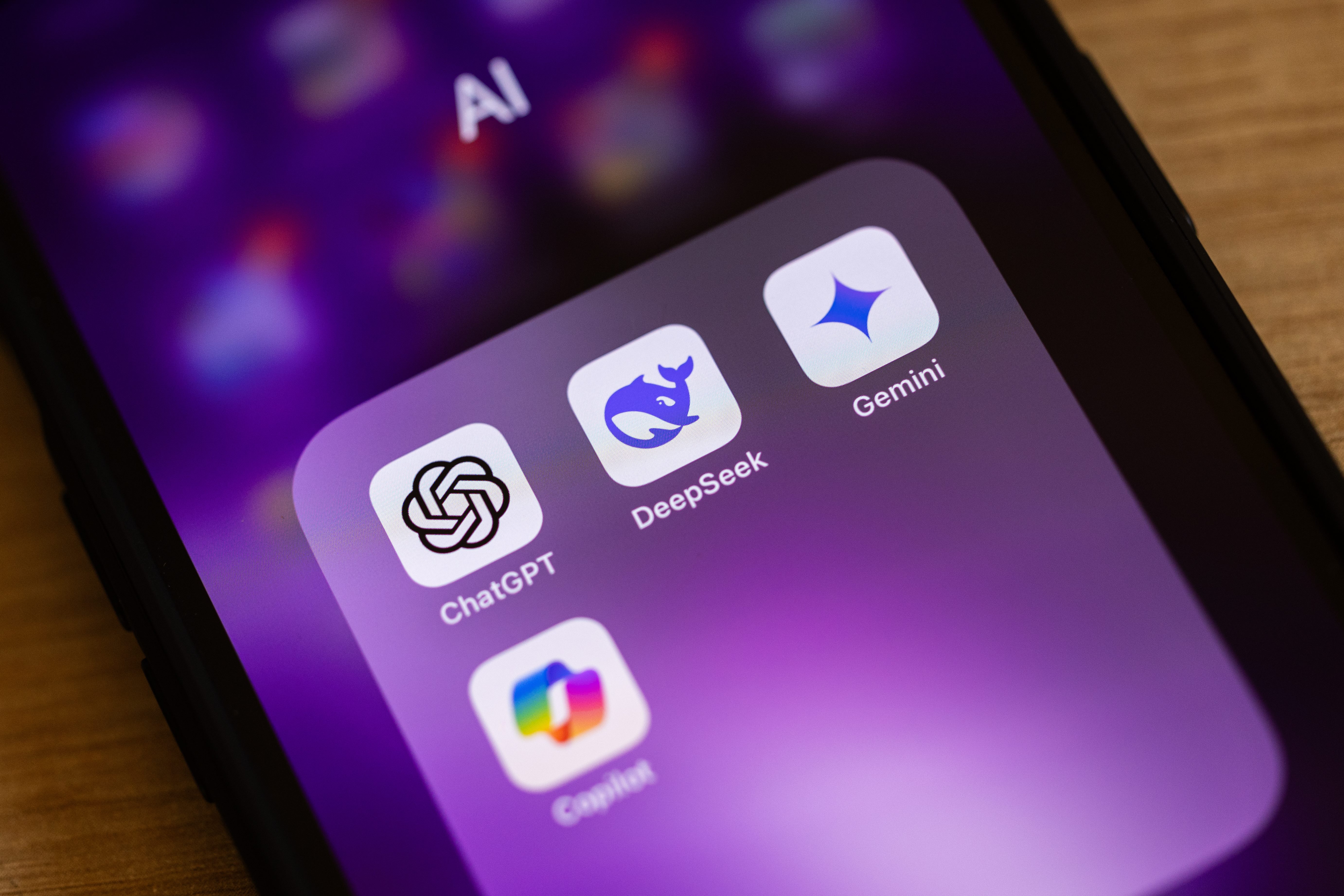The latest moves by OpenAI competitors mean that the one-time leader in AI is starting to lose its grip, according to AI experts.
“OpenAI’s lead in enterprise AI had to slip, as it went from being the only LLM game in town with first-mover advantage to one small player in an overheated market with competitors with a lot of resources to throw around,” said Rebecca Wettemann, CEO and principal analyst at Valoir. “The real battle in AI moving forward will not be on which LLM is better but in the platforms, data and guardrails around them.”
She added, "We’re already seeing this as enterprise software vendors like Salesforce, ServiceNow, Oracle and even OpenAI’s bestie — Microsoft — move toward commoditized LLM approaches where customers can swap models out as they find which ones evolve to work better or worse for specific needs.”
AI Dominance Threats From Abroad
One threat, which had been unseen until this year, is Chinese AI competitor DeepSeek.
DeepSeek leaped onto the AI scene back in late January, claiming it created its AI model in less than two months and for less than $6 million — a significant difference from GPT-4, which OpenAI CEO Sam Altman said cost "more than" $100 million. Today, DeepSeek runs at 3-5% of the price of OpenAI's comparable o1 models.
While tech leaders and enthusiasts are keeping a close watch on this Chinese AI firm, many are still concerned about vulnerabilities related to user data. Some technologists have warned that DeepSeek user data may not be properly protected, and some countries — including Italy, Taiwan, Australia and South Korea — have blocked or banned access to the app on government devices due to national security concerns.
DeepSeek also faces stiff competition from inside China, with rival Tencent developing an AI model that claims similar performance but at higher speeds, wrote John Carney, Concord director of data science, in a company blog.
Ultimately, analysts are still examining what DeepSeek’s entrance into the market will mean for OpenAI and other AI providers.
If OpenAI continues to fall behind, that doesn’t necessarily mean a big loss for AI in the short term, according to Wettemann. “The reality is that few organizations had gotten to the point with OpenAI to have built real operational generative AI solutions in production that were delivering an acceptable level of accuracy, and a lot were already shelving OpenAI-based pilots because they didn’t see a path to acceptable performance — or a cost-effective way to keep those science projects performing under control over time.”
Related Article: As Quantum Hardware Advances, the Real-World Stakes Are Getting Clearer
What Enterprises Are Saying About OpenAI
Users have their own theories behind whether OpenAI is still an AI leader or will be one in the future.
For example, Kyle Sobko, CEO at SonderCare, said his company has tested various AI platforms for use in customer support, logistics planning and internal knowledge management.
“OpenAI's first-mover advantage garnered extensive visibility, but that advantage has diminished," said Sobko. "We are now seeing a shift from novelty to utility. Enterprises are now less interested in who is first and more interested in availability, visibility and control. The new tools like Claude and Gemini are becoming more widespread not because they are cooler tools but because they provide better pricing, wider context windows and improved enterprise integration.”
In the company's own tests of AI platforms, Sobko said they found that while ChatGPT was adequate, Claude provided more legible outputs and reduced hallucinations in longer tasks, making their review processes easier. It "made us hesitate for a moment before standardizing the operation around OpenAI," he explained. "OpenAI's challenge today is not about model power, but rather platform trust. Enterprises want to know how the system works, what is being done with their data and whether any change in policy will cause disruptions in their work. OpenAI is less forthcoming about those aspects.”
OpenAI’s first-mover advantage is attached on brand recognition, but their continued market share is not guaranteed if competitors are providing more flexibility, Sobko added. “If you are currently committed to a single vendor, it is worth experimenting with some other options in parallel — not because OpenAI is failing, but because it seems like the market has finally come up with credible alternatives.”
